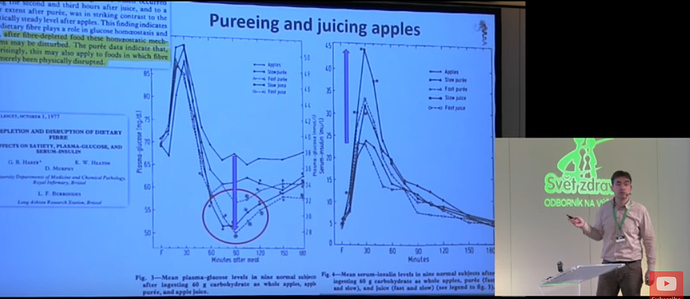I have been following a number of people who appear to have different viewpoints regarding the keto way of life. I do this to try and counter my own confirmation bias.
In a recent video Biolayne was pretty adament that the the carbohydrate / insulin model of obesity and weight gain has been proven, many timws over, to be incorrect. He has mentioned this many times on his IG account. See about 10 minutes into the following video:
I have never seen this proof from him or any other source and was wondering if anyone else has or can provide a link to the research he is referring to?



